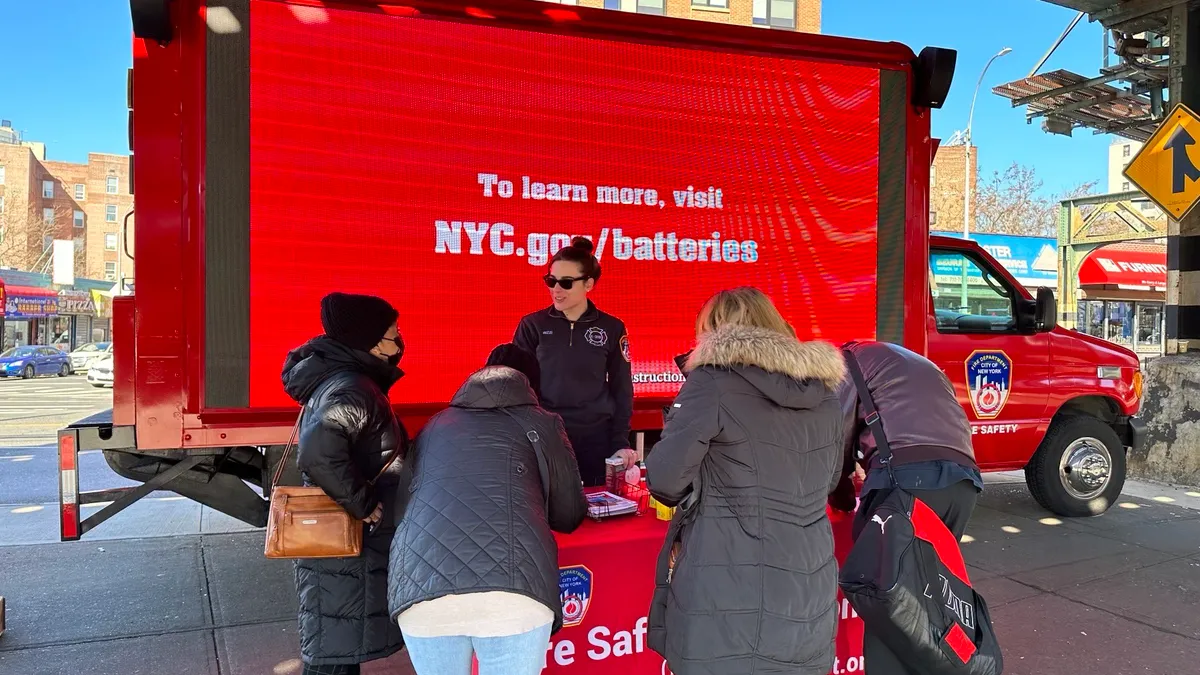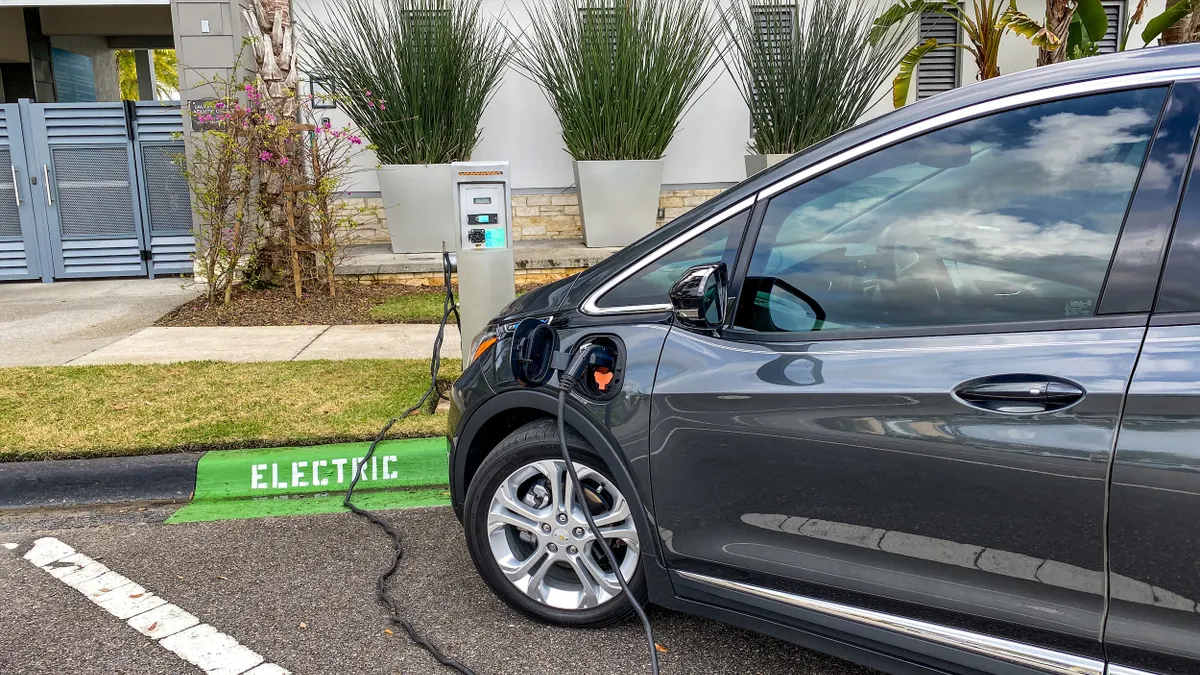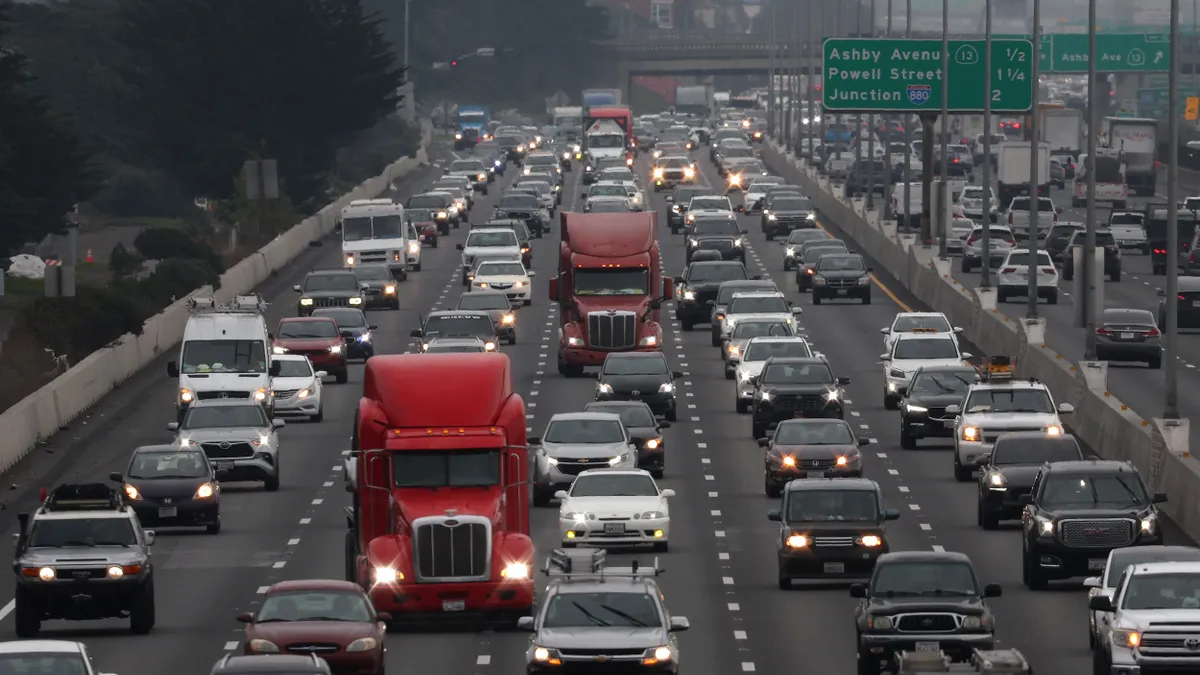In New York City’s Chinatown in June, four people died in a fire caused by lithium-ion batteries in micromobility vehicles, bringing the city’s 2023 death toll related to such fires to 13. Since 2020, there have been nearly 500 of these fires in the city.
Mobilized by the growing risk, the city has launched an education campaign as local leaders push for new policies to prevent future micromobility battery fires. Community groups have joined in the effort as well, with many focusing on reaching the tens of thousands of delivery workers whose livelihoods depend on e-bikes and scooters.
Lithium-ion batteries power many modern conveniences beyond e-bikes and scooters, including laptops, cell phones and power tools. Yet these ubiquitous batteries can be dangerous, particularly if they are after-market batteries or have previously been repaired or damaged.
After the June fire in Chinatown, the city announced a partnership between the mayor’s office, New York City Fire Department and New York City Small Business Services that will ramp up education and outreach about the dangers of defective lithium-ion batteries.
A lithium-ion battery fire is “almost an instantaneous combustion, not a small fire that builds slowly over time,” said Captain Michael Kozo of FDNY’s fire safety education unit. Kozo and the fire safety education unit are conducting multiple outreach campaigns. They’ve created literature specific to lithium-ion batteries in nine languages and are reaching out to all the bike shops and repair shops in the city, aiming to spread the word about what can happen with lithium-ion batteries as well as how to safely care for batteries to avoid fires.
The FDNY is also using its “media truck” to display PSAs at community events, such as parades. The PSAs — shown on screens that take up both sides of a large truck — depict real footage from lithium-ion battery fires.
Kozo said that when viewing the PSAs for the first time, people are often taken aback that faulty batteries can go “from failure to completely engulfed [by flames] in a matter of seconds.”
He said, “It’s one thing to tell everybody about it and another thing for them to see what we’re talking about.”
Local leaders are also pushing policies to prevent micromobility battery fires. In March, New York City Mayor Eric Adams signed into law new requirements that by September will ban the sale, lease or rental of electric micromobility devices that are not certified by safety accreditation company Underwriters Laboratories.
The upcoming city ban of unsafe batteries “was a solid first step, but does not address the several thousand unsafe batteries already out there and the true root issue: these unsafe batteries are far cheaper to obtain than a certified, safe one,” said New York City Council Member Keith Powers in an email. Powers, who represents parts of Manhattan, has sponsored several pieces of legislation related to battery fires, including a bill currently in committee that proposes a battery-swap program.
The program would allow New Yorkers to swap unsafe batteries with certified ones, helping to “reduce the demand for cheap, unsafe lithium-ion batteries,” Powers said.
Ultimately, Powers said, federal regulation of lithium-ion batteries needs to be improved and standardized.
Bringing fire-safe micromobility to delivery workers
Many of New York City’s approximately 65,000 delivery workers, who are mostly low-income immigrant men, rely on e-bikes and scooters for their jobs. But purchasing a high-quality, fire-safe micromobility vehicle may be difficult for workers, given their low pay — roughly $7.09 per hour, according to the city, though the minimum wage for app-based delivery workers in New York City increased to $17.96 per hour as of mid-July.
In late June, the Equitable Commute Project, a coalition of organizations working to connect low-income New Yorkers to e-bikes, launched an e-bike trade-in program targeted at delivery workers. Delivery workers may be eligible for a $1,500 rebate toward a quality e-bike if they trade in their e-bike, scooter or moped that isn’t compliant with fire-safety standards. The UL-certified bike available via the trade-in program retails for nearly $4,000.
In addition to preventing battery fires, quality e-bikes and scooters can make delivery workers’ lives easier and safer.
Delivery work is a dangerous job, Gustavo Ajche, founder of worker group Los Deliveristas Unidos and deliverista (delivery worker), told Spectrum News NY1 in May. “[Y]ou have to travel long-distance, 40 blocks, 30 blocks, 20 blocks to drop a delivery,” Ajche said. “So by the end of the day, if you're using a regular bike, it's really tough and hard for workers.”
Melinda Hanson, founder of urban mobility company Brightside, a member of the Equitable Commute Project, echoed this sentiment. “Delivery workers push their bikes very hard,” she said. As a result, the e-bike subsidized by the Equitable Commute Project needed to be able to withstand New York City weather and terrain as well as the distance demands of delivery workers, Hanson said.
Delivery workers that can’t afford the $2,200 upfront cost of the subsidized bike can access a loan through Spring Bank, a South Bronx-based community development financial institution. During the pandemic, Spring Bank created a small-dollar bicycle loan targeted at essential workers, as part of its work with the Equitable Commute Project. But now, the GoGreen Cycle Loan, which requires no minimum credit score, has “become a critical component [of] the initiative [to trade] out bikes with bad batteries,” Spring Bank’s director of consumer lending, Melanie Stern, said.
Getting delivery workers better bikes “became an issue of safety around the fires, but [was] also an equity issue,” she said, because “even with the subsidy, a good bike is still expensive.”
To be eligible for the loan, delivery workers need to apply for the program and be selected, Stern said. The application requires proof of address, a photo ID and proof of employment (such as 1099 tax forms for independent contractors), she said. A number of documents could serve as a photo ID, Stern said, such as an ID NYC card or matrícula consular issued by Mexico.
The Equitable Commute Project is hosting test rides of the e-bike throughout the month. As of early July, more than 70 delivery workers had filled out the trade-in program interest form, Stern said.
But that figure pales in comparison to the tens of thousands of delivery workers in the city. “Our goal would be to do another round [of the program] with thousands” of bikes available to workers, Stern said.



















